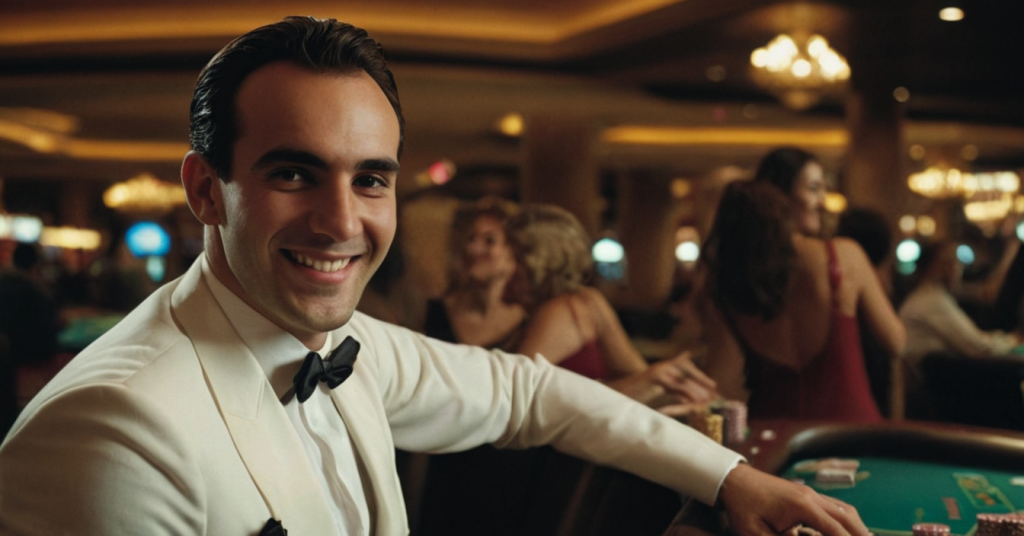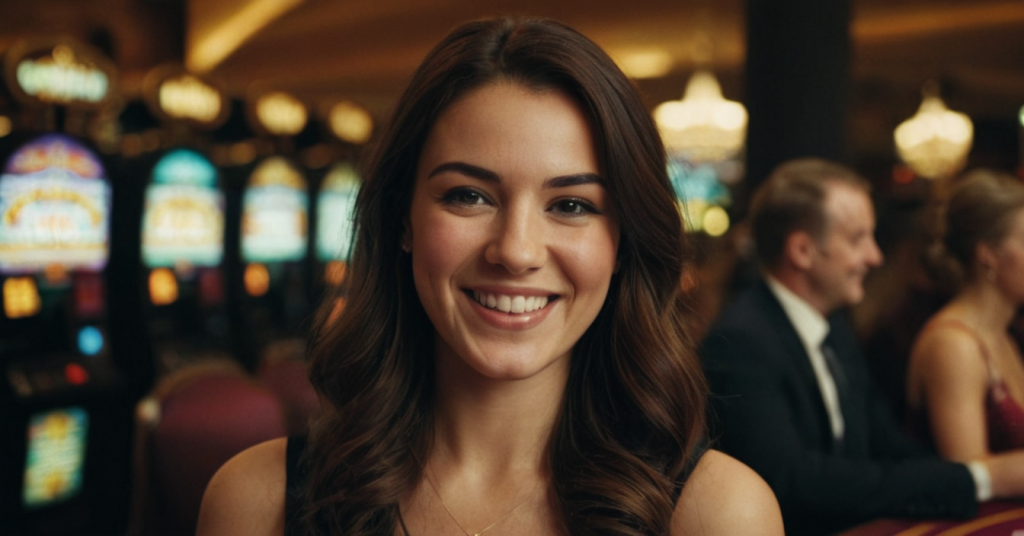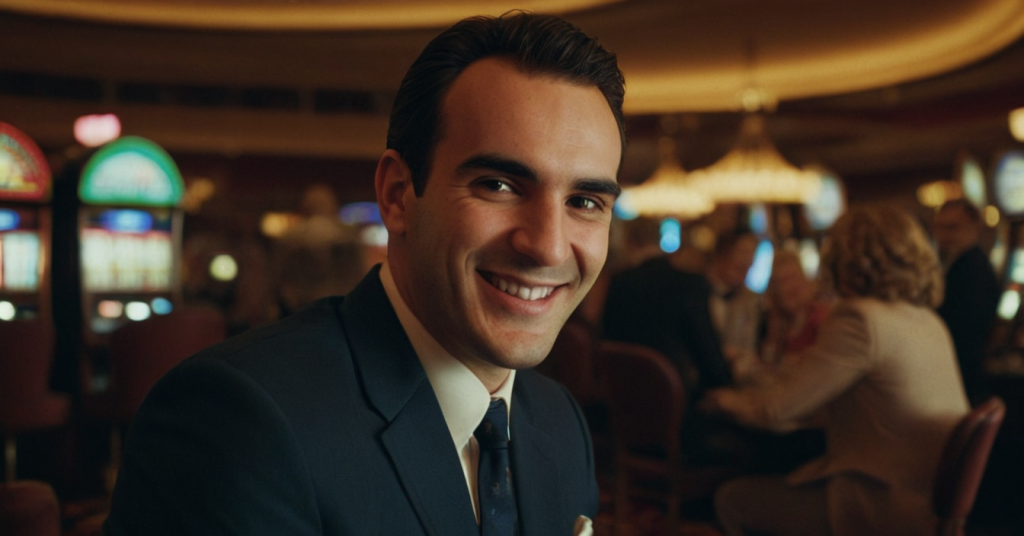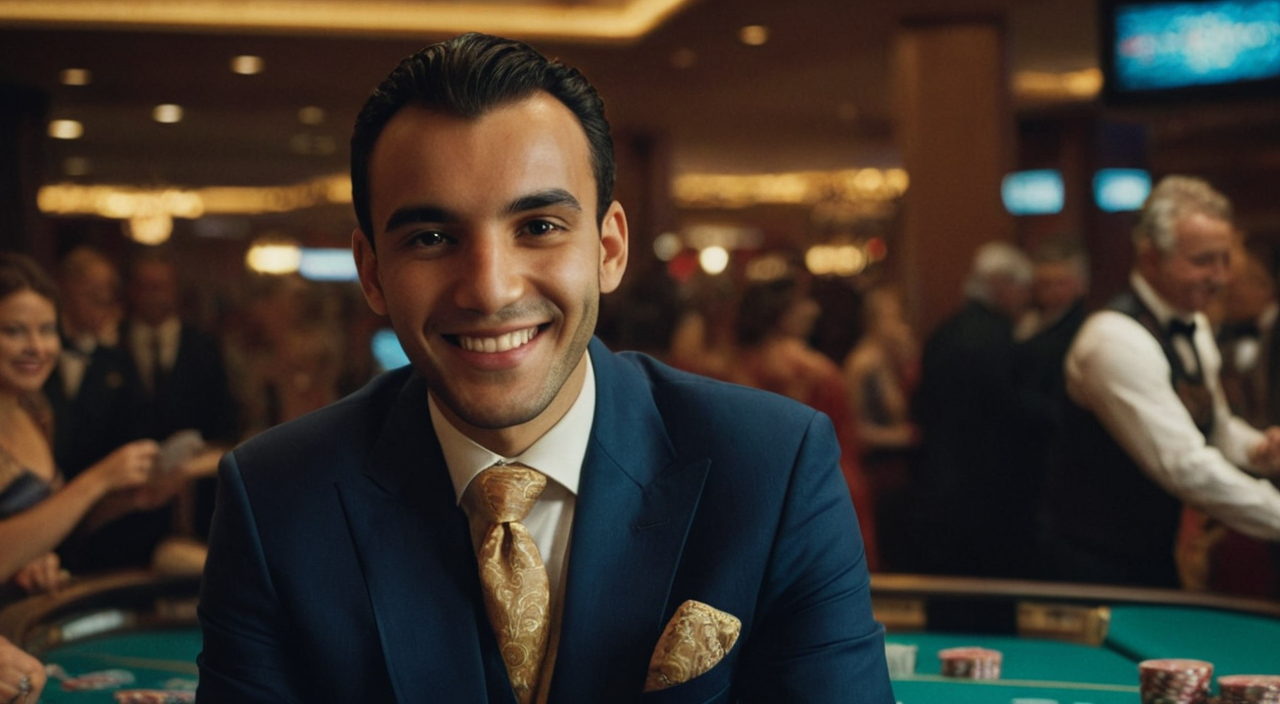Salon Privé Blackjack: Into the World of High Stakes

Roulette, the grand dame of casino games, has long seduced gamblers with its promise of quick wins and the allure of a spinning wheel. But behind the glamour and the iconic red and black wheel lies a complex web of odds and payouts that can bewilder even seasoned players. Understanding the payout on roulette isn’t just about knowing the odds; it’s about grasping the deeper dance of probability, risk, and strategy. Let’s unravel the secrets of the roulette table and see how payouts truly work in this game of chance.
Roulette Payouts: The Wheel’s Whispered Secrets
To the untrained eye, the roulette wheel spins at random, leaving the outcome entirely to chance. But the payouts tell a different story—a whisper from the wheel itself, revealing patterns and probabilities that a savvy player might leverage. The most straightforward bets, like picking a single number, offer the most dazzling payouts: a 35 to 1 reward if your number comes up. But that impressive payout conceals the true odds, which are far less generous—a mere 1 in 37 (or 38, depending on the wheel type).
This discrepancy is where the house edges its way in. European roulette, with its single zero, offers slightly better odds compared to American roulette, which sports both a single zero and a double zero. This small difference nudges the house edge from 2.7% to 5.26%, subtly altering the landscape of payouts. It’s like betting on a sprinter in a race where the finish line keeps moving—a sly shift that favors the house in the long run.

Betting on Red: The Comfort of Simplicity
Many players gravitate toward the even-money bets: red or black, odd or even, high or low. These bets offer a payout on roulette of 1 to 1, essentially doubling your stake if you win. The simplicity is alluring; there’s a comfort in betting on red, imagining that the spinning ball respects your choice. But again, the devil is in the details. Even with these straightforward bets, the existence of the zero (or zeros) tips the balance toward the house. Suddenly, that “50-50” bet isn’t quite as even as it seemed.
One story that comes to mind is from a friend who swore by the Martingale strategy—doubling down on red after every loss, believing that eventually, the streak would break in his favor. And sure, it worked. Until it didn’t. A string of reds was followed by a string of blacks, and before he knew it, the table limits shut him down, leaving him with a depleted bankroll. The payout on roulette might promise parity, but the game itself has a way of keeping you chasing that elusive balance.
Outside Bets: The Bread and Butter of the Cautious Player
For those who prefer a slower burn, outside bets offer a more measured approach. These include bets like dozens or columns, which cover 12 numbers and offer a payout of 2 to 1. The odds of hitting are roughly 1 in 3, making these bets popular among players who like to spread their risk. It’s akin to diversifying your investments: rather than going all-in on a single stock (or number), you spread your bets across a broader portfolio. The return isn’t as high, but the risk feels more manageable.
I recall watching a veteran player at the Monte Carlo casino—his strategy was all about consistency. He played columns exclusively, methodically placing his chips, and never deviating from his system. His approach was less about the thrill of the big win and more about grinding out steady returns. He wasn’t there for the adrenaline rush; he was playing the long game, content with the modest but reliable payout on roulette columns. His quiet focus was a stark contrast to the high-rollers around him, who seemed to chase every spin with an urgency that bordered on desperation.

The Myth of the Lucky Number
Every roulette player has heard the tale of a lucky number—a number that, for whatever reason, seems to defy the odds. Whether it’s the famed number 17, favored by James Bond, or some personal lucky charm, single-number bets capture the imagination with their tantalizing 35 to 1 payout. But the reality is that every number has the same odds of hitting, and the belief in a “lucky” number is more about psychology than probability.
In a particularly vivid example, a gambler at a casino in Las Vegas once hit 17 three times in a row, turning a modest stack into a small fortune. The crowd cheered, and suddenly, everyone was betting on 17. But as the wheel spun, that magic quickly faded, and the house quietly reclaimed its share. The payout on roulette can be dazzling, but it’s never a guarantee. It’s a reminder that while patterns can emerge in the short term, over the long haul, luck is just as random as the spin of the wheel.
The House Edge: An Unseen Hand
No discussion of roulette payouts would be complete without acknowledging the house edge—the unseen hand that gently nudges the game in the casino’s favor. It’s easy to think of roulette as a game of pure chance, but the house edge ensures that, over time, the odds are stacked against the player. In European roulette, the edge is 2.7%, a subtle but significant tilt. In American roulette, with its extra zero, that edge climbs to 5.26%, turning what might seem like a minor detail into a critical difference.
One casino insider once confided that the most profitable tables weren’t the ones with the biggest bets, but the ones that kept players engaged the longest. The longer you play, the more spins you witness, the more that house edge exerts its quiet influence. It’s like a marathon runner who starts slow but gains ground with each step—eventually, the house always catches up.
Chasing the Zero: A Bet That Defies the Odds
Then there’s the curious allure of the zero. Betting on the single green pocket—whether it’s the solitary zero in European roulette or the double zeros in American—offers a unique payout on roulette: 35 to 1. It’s a high-risk, high-reward proposition, often treated as a side bet by seasoned players. But the zero is more than just another number; it’s the silent reminder of the house’s edge, the one number that doesn’t fit neatly into red or black, odd or even.
I once met a player who only bet on zeros—a quirky strategy that defied conventional wisdom. His reasoning? The zeros were the ultimate underdog, the house’s secret weapon, and by betting on them, he felt like he was turning the tables. And occasionally, it worked. He’d hit the zero and rake in the chips. But more often than not, the zeros remained elusive, and his bankroll slowly dwindled. It was a poignant reminder that the payout on roulette, while enticing, often comes at the cost of persistence and luck.

Roulette Systems: The Illusion of Control
Many players turn to betting systems in the hope of taming the roulette wheel. Strategies like the Martingale, Fibonacci, and Labouchere promise a structured approach to betting, with the aim of maximizing payouts while minimizing losses. Yet, these systems often fall prey to the same fundamental flaw: they assume a level of control over a game that is inherently random.
A friend once described his fascination with the Fibonacci system, where each bet is the sum of the previous two bets. He liked the idea of a mathematical approach, a sequence that felt like it had order amidst the chaos of the roulette wheel. But the problem, as he discovered, was that losing streaks could quickly escalate the stakes beyond his comfort zone. The payout on roulette might be appealing, but chasing those payouts with rigid systems often led to frustration rather than fortune.
The Emotional Payout: Beyond Dollars and Cents
For many, the real payout on roulette isn’t just about the money. It’s the thrill of the spin, the anticipation as the ball bounces from pocket to pocket, the camaraderie with fellow players. There’s an emotional currency at play—a sense of risk and reward that goes beyond the chips on the table. Winning feels like a validation of luck or skill, while losing stings with the reminder of the game’s inherent unpredictability.
I remember a trip to a casino with friends where the winnings were secondary to the experience. We laughed, cheered each other on, and reveled in the shared excitement of the game. One of us hit a straight-up bet, another stuck to the safer outside bets, and a third went all-in on red. The payout on roulette that night was less about the cash and more about the collective joy of being in the moment, of feeling the rush of possibility with every spin.
Roulette’s Payouts as a Reflection of Life
The payout on roulette, in many ways, mirrors the unpredictability of life. The odds can be calculated, the bets can be placed, but the outcome remains tantalizingly out of reach. It’s a game that rewards patience, punishes recklessness, and always keeps a few secrets up its sleeve. Whether you’re chasing a big win or savoring the smaller, steady payouts, roulette reminds us that the thrill often lies in the unknown, in the next spin that could change everything—or nothing at all.
As with many pursuits, the key isn’t just in the payout itself, but in the approach: knowing when to play, when to walk away, and when to savor the simple joy of the game. In the end, the true payout on roulette might just be the stories we collect along the way, the memories of a spin that almost landed right, and the hope that the next one will.

